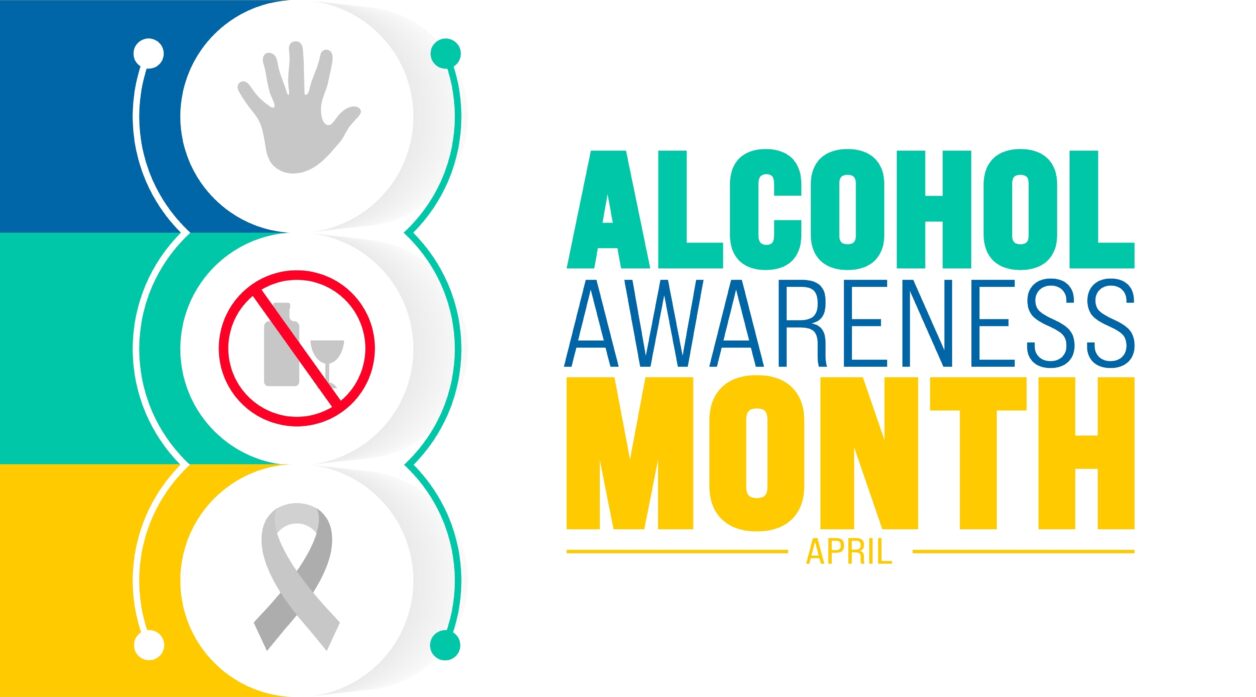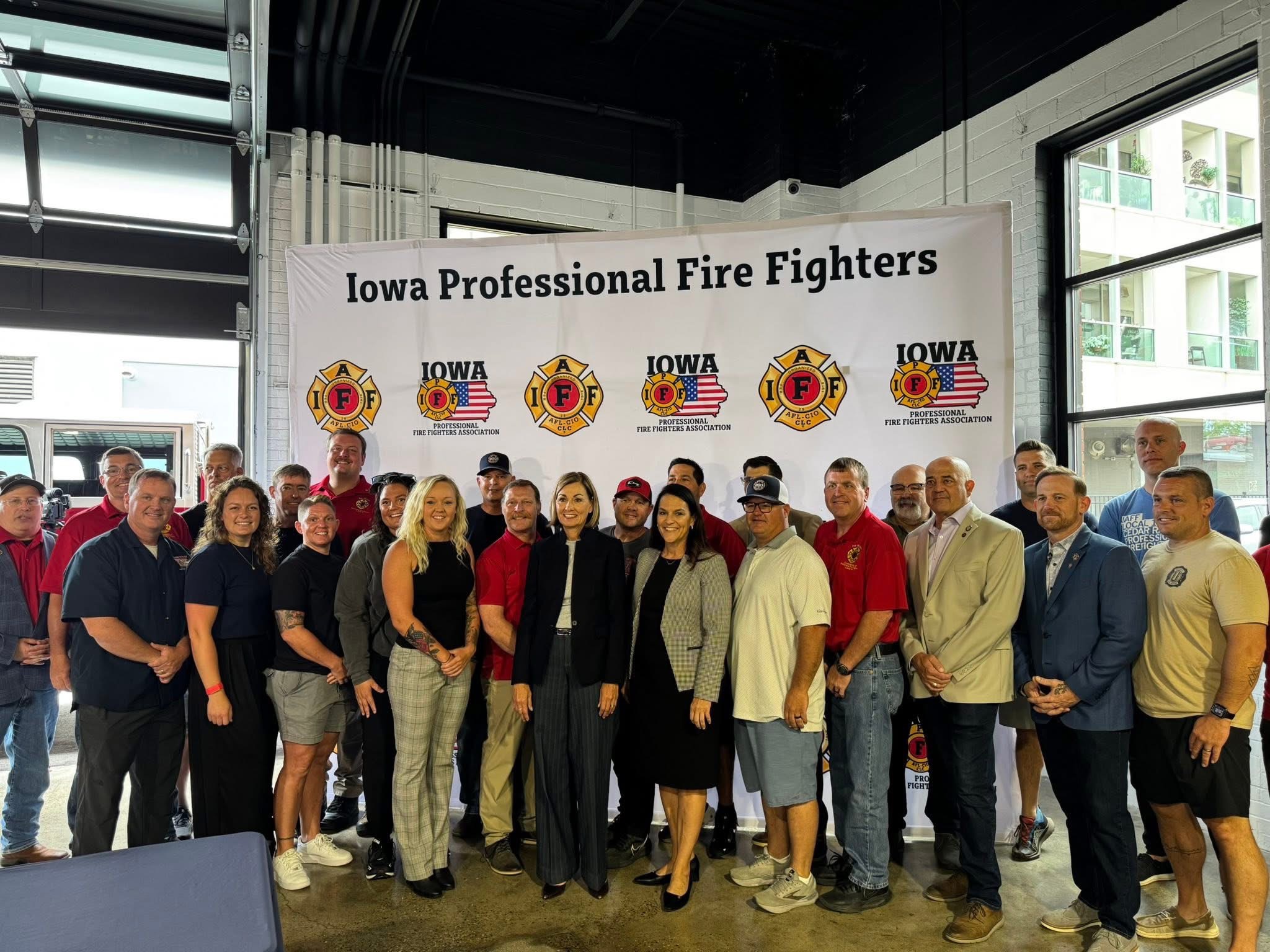April is Alcohol Awareness Month. It’s an opportunity to check in with yourself and those close to you who might be exhibiting signs of a substance use disorder.
“Alcohol is the most commonly misused substance,” said Dr. Abby Morris, Medical Director at the IAFF Center of Excellence (COE) for Behavioral Health Treatment and Recovery. “It is important to know the signs of emotional and physical dependence and when it’s time to seek help. Even though it might seem difficult at first, recovery truly is possible.”
The most important step is often the first one – reaching out. Asking for help can feel overwhelming, but doing so can change the course of your life and health. You don’t have to do it alone.
Here are three important things to keep in mind:
1. Fire fighters and emergency medical workers are at elevated risk for alcohol abuse.
Research consistently shows that alcohol abuse is prevalent among fire fighters and other first responders. Factors such as the nature of shift work, the physically demanding nature of the job, injuries, and repeated exposure to trauma contribute significantly to this issue.
AUDIT (Alcohol Use Disorders Identification Test) scores from IAFF members seeking treatment at the COE have historically exceeded the hazardous drinking threshold. This can lead to interpersonal, legal, and financial challenges, while increasing the risk of long-term health complications.
2. Fire fighters and emergency medical workers need to know the signs of addiction and when to seek help. According to the Substance Abuse and Mental Health Administration, signs of drinking too much include:
- Drinking more or for longer than intended
- Attempting to cut down or stop drinking but being unable to
- Needing to drink more than before to achieve the desired effect
- Continuing to drink despite it causing depression, anxiety, or worsening another health problem
- Loved ones or trusted friends commenting on your drinking habits
- Spending significant time drinking or thinking about alcohol
- Finding that drinking interferes with daily activities, relationships, or work
- Experiencing legal problems due to drinking
- Experiencing withdrawal symptoms when not drinking (such as shakiness, sweating, tremors, headaches, anxiety, irritability, and/or insomnia)
3. Fire fighters and emergency medical workers who recognize signs of alcoholism or substance use disorder in themselves should seek professional help immediately.
Confidential support is available 24/7 through the IAFF Center of Excellence admissions line at 855-900-8437.
As the only treatment program exclusively for fire service members, the IAFF Center of Excellence provides specialized care for behavioral health challenges, including alcohol dependence and substance use disorders. The Center of Excellence team can also help with referrals to vetted, outpatient treatment providers if this better suits members’ needs.
IAFF members also have the option to contact their local peer team, the department’s employee assistance program, a local clinician, or their doctor for assistance.
Alcohol Awareness Month was a public health program organized by the National Council on Alcoholism and Drug Dependence in 1987 to call attention to the causes and dangers of alcohol addiction. It has since expanded into a nationwide initiative to encourage anyone battling addiction to get help.



